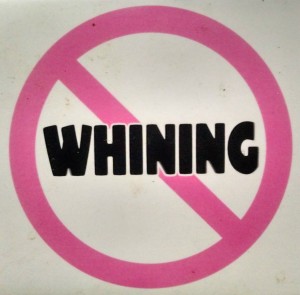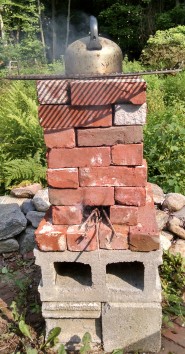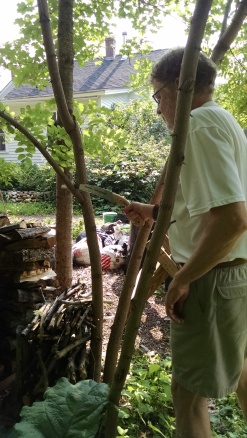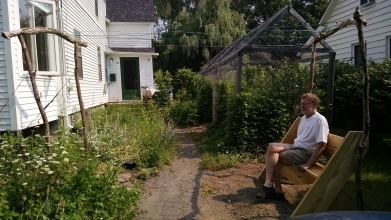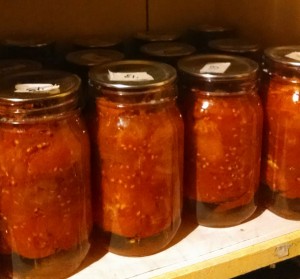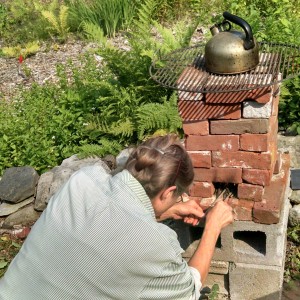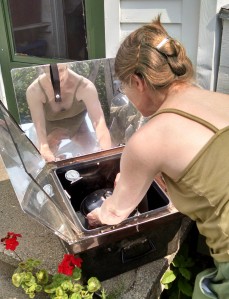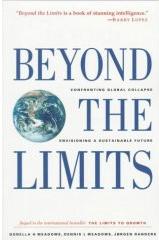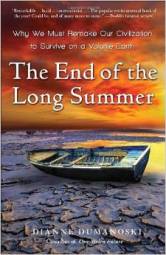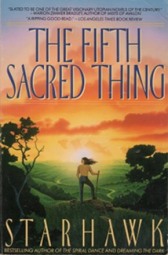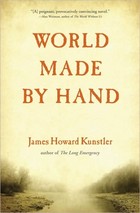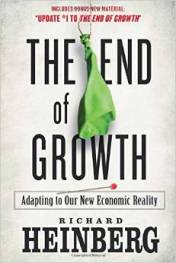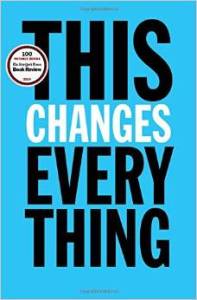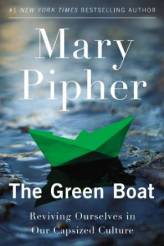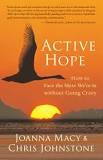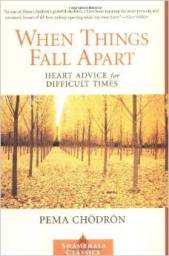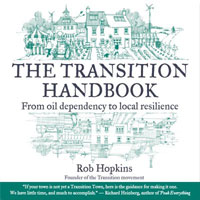I am shockingly ignorant about mainstream culture. I have never read a Harry Potter book, and I have not seen a Star Wars movie since the 1977 original. Of the 15 best-selling record albums this year, Taylor Swift is the only artist whose name I recognize, and I couldn’t begin to describe her music.
Do they still call them record albums? And what is it with this Adele person?
Although my cultural obliviousness is a limiting factor in crossword puzzles, I don’t regret my decision to concentrate on other things. Separation from mainstream culture is part of our simple-living lifestyle. It’s a way to remove ourselves from consumerism and focus our attention on the reality of urban homesteading and trying to live an authentic life.
I overdosed on network television between the ages of 10 and 15, and have avoided it ever since. I have never seen an episode of “The Cosby Show,” “MASH,” “Seinfeld,” “The West Wing” or “Friends.” I have never seen “The Sopranos” or “Breaking Bad.”
We got rid of cable TV about 20 years ago and got an old-fashioned roof antenna. We pick up four PBS stations, plus the local ABC, CBS and Fox affiliates. We enjoy watching PBS shows, mostly British TV dramas, and I get DVDs at the library. I watched the first season of “House of Cards” but felt like taking a shower after each episode.
I do watch TV or videos about an hour a day. The national average is said to be five hours, though I don’t see how that’s possible.
I have seen only three of the 100 top-grossing movies this year: “The Imitation Game” (#47), “Selma” (#54) and “Woman in Gold” (#76). “Selma” is the only one we went to a theater to see. I hope to patronize our wonderful Amherst Cinema more in 2016.
I picked up a few John Grisham novels this year. I find his books tasty but not filling, and usually give up halfway through because I feel manipulated.
“The Girl on the Train” is the third most popular novel this year, but after 40 pages I didn’t see the point of it. I did like “The Invention of Wings,” tenth on this year’s bestseller list. I read all the Lisbeth Salander thrillers, but now I can’t understand why.
For a list of my 10 favorite books and movies/videos this year, click here.
I have bought only one rock or pop album since my Elvis Costello phase in the late 1970s. Music is the one cultural area where I want to expand my horizons in 2016. We tune in “Sunday Baroque” every week, but other than that, I listen only when cooking or doing dishes.
I can keep up with conversations about national and local politics, the Red Sox and Patriots, or “Downton Abbey.” But when talk turns to “The Hunger Games” or “Game of Thrones,” I’m out of it. It’s a conscious decision, and one I’m comfortable with.
For new readers of this blog, here’s a quick overview of 150 past posts in 13 categories, including simple living, frugality, cooking, gardening, living without and climate change. Or click on “Index” above to read all the posts in a particular category.
